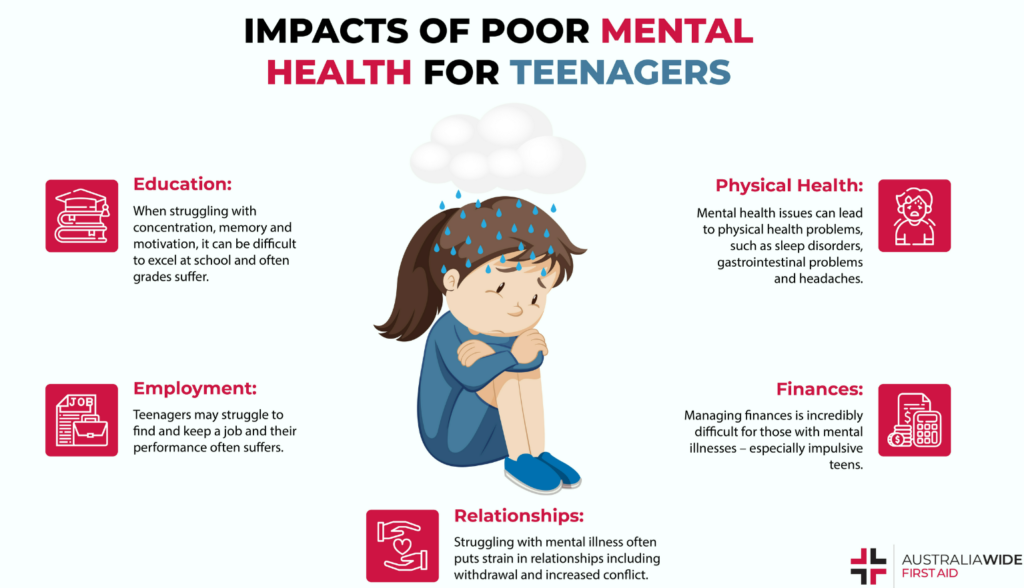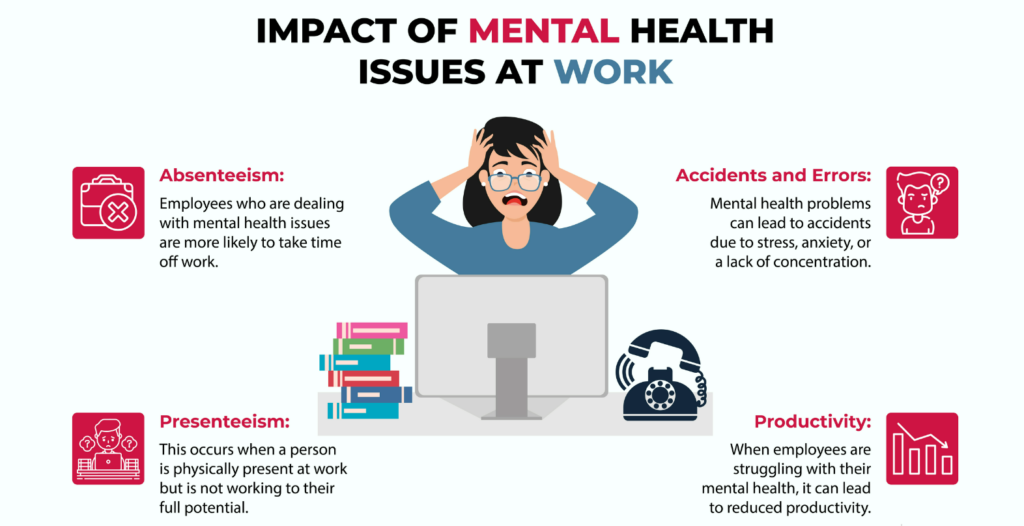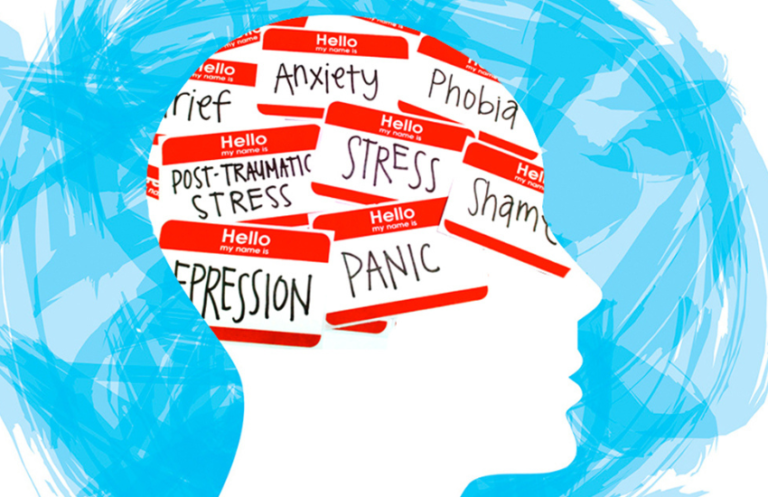When a person decides to end their life, it leaves an impact that ripples across families, friends, and entire communities. The tragedy surrounding Aubreigh’s death raises critical questions about how we as a society can better address mental health issues, how we can support those who may be struggling, and how we can reduce the stigma around these deeply personal experiences.
Rather than focusing on the painful details of how Aubreigh killed herself, it is far more constructive to discuss why tragedies like this occur and what can be done to support those at risk. This article aims to provide a compassionate and informative discussion on mental health, suicide prevention, and the importance of understanding mental illness. Hopefully, this can help readers navigate their own feelings and provide support to others who may need it.

Understanding the Importance of Mental Health Awareness
Mental health is a crucial aspect of our overall well-being, yet it is often overlooked or misunderstood. When we hear about tragedies like Aubreigh’s, it’s easy to wonder how we can prevent such loss in the future. The first step in prevention is understanding that mental health struggles are often invisible and can affect anyone, regardless of age, gender, or background.
Mental health disorders such as depression, anxiety, bipolar disorder, and others can create overwhelming emotional pain. For individuals who suffer from these conditions, it can be incredibly difficult to reach out for help, either because of stigma, shame, or simply not knowing where to turn. This is why it’s crucial that society builds awareness and education around mental health and encourages open dialogue.
Recognizing the Warning Signs
Often, people who are struggling with thoughts of suicide may show certain signs or behaviors that indicate their emotional distress. Recognizing these warning signs can sometimes help prevent tragedy. If someone is talking about wanting to die or expressing hopelessness, that could be a sign they need immediate support. Other potential warning signs include:

- Withdrawing from social interactions and isolating themselves.
- Expressing feelings of being a burden or trapped.
- Increased use of drugs or alcohol.
- Extreme mood swings or unusual changes in behavior.
- Giving away personal belongings or saying goodbye to loved ones.
While these are just some signs that may point
